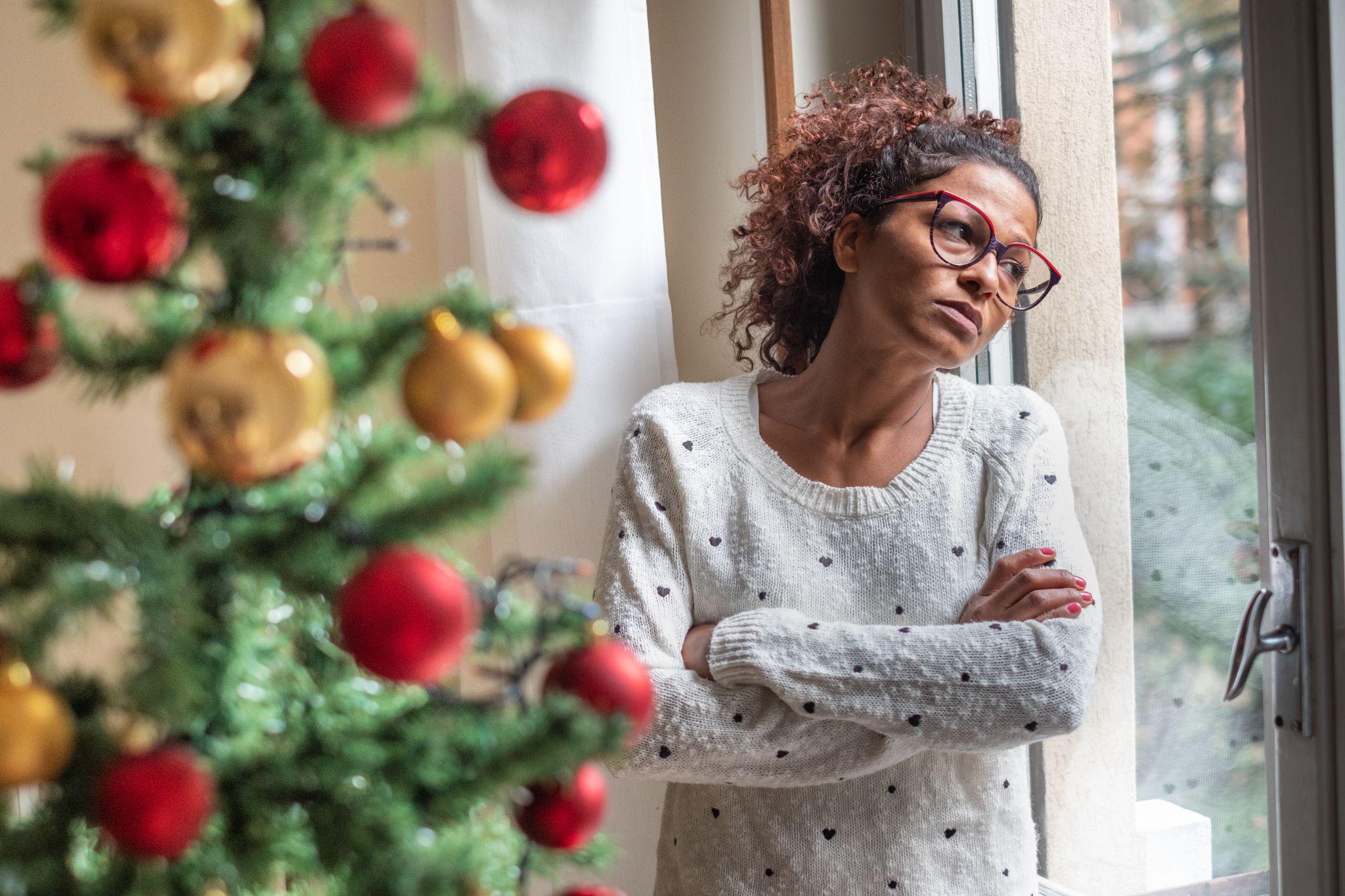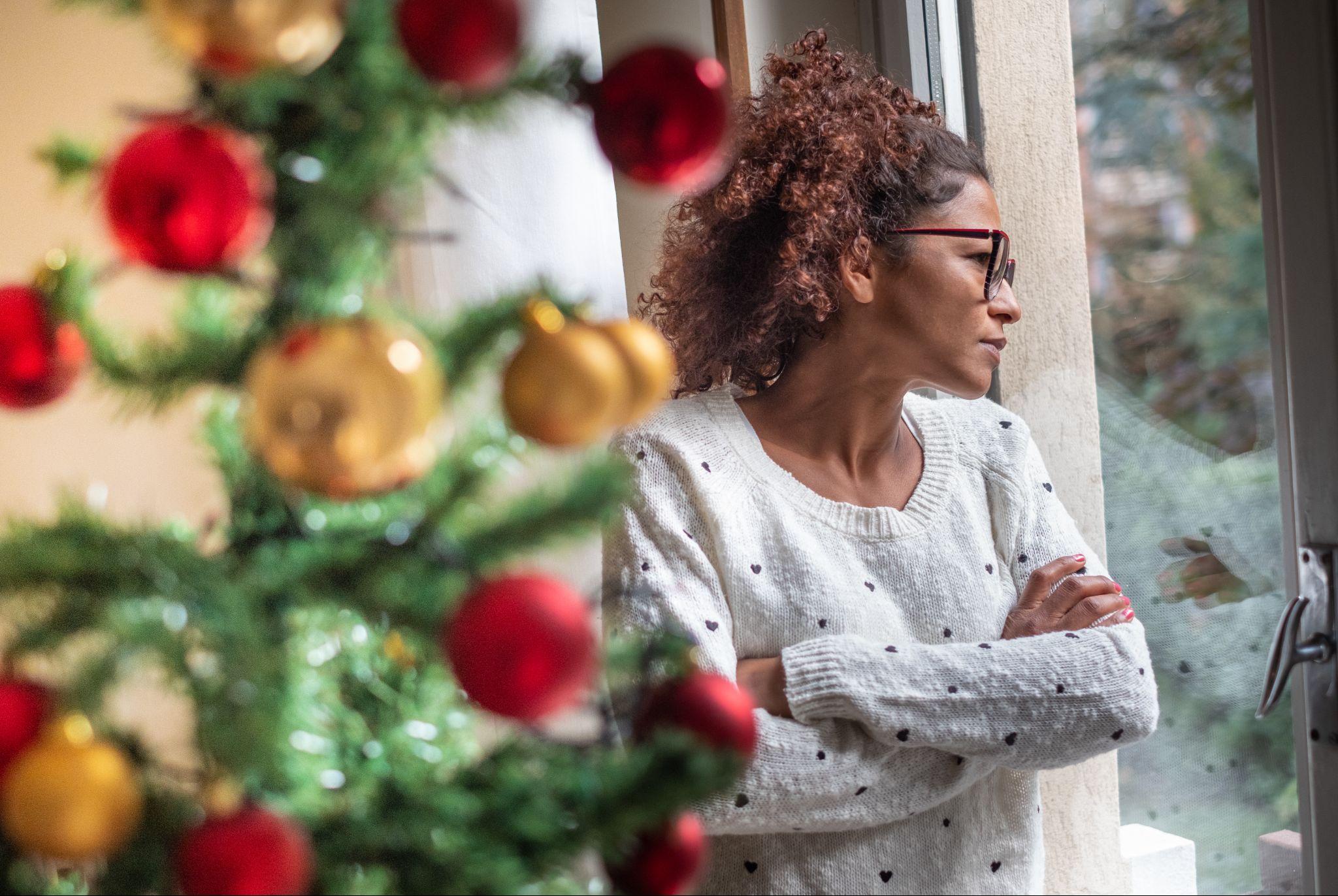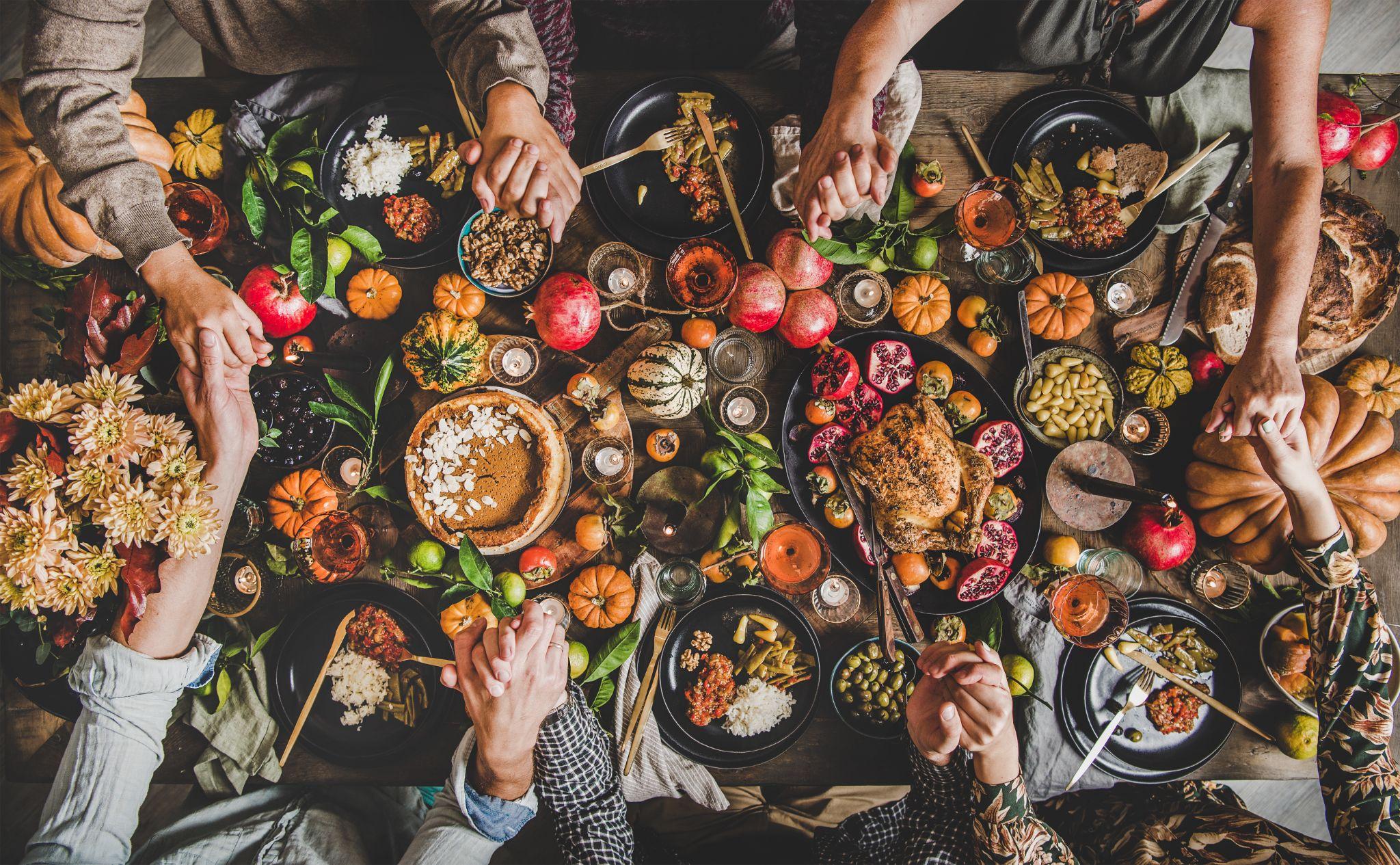As the holiday season approaches, many look forward to joyous celebrations with family and friends. However, for individuals struggling with addiction, this time can be particularly challenging. The increase in drug and alcohol use during the holidays is a significant concern, and understanding the reasons behind this spike is crucial for developing effective holiday relapse prevention plans.
The Role of Holiday Triggers
The festivities of the holiday season often come with a set of unique triggers. Social gatherings may involve alcohol or recreational drug use, creating an environment that can tempt those in recovery. Additionally, the holidays can stir a mix of emotions, from joy and excitement to stress and loneliness, which can be powerful triggers for relapse.
Addiction and the Holidays: a Complex Relationship
For many, the holidays are synonymous with indulgence, including increased alcohol consumption. This cultural norm can make it challenging for individuals recovering from addiction to maintain their sobriety. Moreover, the holidays can also resurface old memories and unresolved issues, further complicating the emotional landscape for those with a history of addiction.
Understanding Triggers for Relapse
Recognizing and managing triggers for relapse during the holiday season is a critical aspect of maintaining sobriety. Here are some key triggers to be aware of:
Social Pressure
Holiday gatherings often involve alcohol and sometimes recreational drugs. Being around people who are indulging can create a strong urge to join in. It’s important to prepare for these situations, recognizing that peer pressure, even if subtle, can be a significant trigger.
Stress
The holidays can bring a whirlwind of activities and expectations, leading to increased stress. This stress can come from many sources: financial pressures due to gift-giving, the logistics of travel, or managing family dynamics. Stress is a well-known trigger for relapse, as it can lead to seeking relief through substance use.
Loneliness
Contrary to the festive spirit, the holidays can be a lonely time for many. This can be especially true for those who are estranged from their families or grieving the loss of loved ones. Loneliness can trigger a desire to escape feelings of sadness or isolation through substance use.
Memories and Emotions
The holidays can evoke intense memories and emotions, both positive and negative. Nostalgia or unresolved family issues can resurface, triggering emotional distress that may lead to relapse.
Disrupted Routines
Regular routines often get disrupted during the holidays. This disruption can affect sleep patterns, eating habits, and exercise routines, which are essential for maintaining physical and mental health in recovery.
Developing a Holiday Relapse Prevention Plan
Creating a detailed plan to prevent relapse during the holidays is essential for anyone in recovery. Here are strategies to include in your plan:
- Setting Boundaries: Clearly define what you are comfortable with in social situations. This may include limiting the time spent at events where alcohol or drugs are present or choosing to only attend gatherings where you feel safe and supported.
- Seeking Support: Stay in close contact with your support network. This can include attending extra therapy sessions or support group meetings. Don’t hesitate to reach out to a trusted friend, family member, or counselor when you feel triggered.
- Managing Stress: Incorporate stress management techniques into your daily routine. This might include mindfulness practices, yoga, or deep breathing exercises. Engaging in regular physical activity and ensuring adequate rest are also crucial.
- Planning Ahead: Anticipate challenging situations and develop strategies to handle them. This might involve having a response ready when offered a drink, planning to leave an event early if you feel uncomfortable, or having a sober friend on call.
- Creating New Traditions: Consider starting new holiday traditions that support your recovery. This could involve volunteering, spending time in nature, or hosting a sober gathering with friends in recovery.
- Focusing on Self-Care: Prioritize self-care during the holidays. This means ensuring you get enough sleep, eat healthily, and take time for activities that bring you joy and relaxation.
- Reflecting on Progress: Take time to reflect on the progress you’ve made in your recovery journey. Recognizing your achievements can be a powerful motivator to stay on the path of sobriety during the holiday season.
Find Your Holiday Strength
The spike in drug and alcohol use during the holidays is a complex issue, influenced by cultural norms, emotional stressors, and social pressures. By understanding the underlying triggers and creating a proactive holiday relapse prevention plan, individuals in recovery can navigate this challenging time with confidence and maintain their path to sobriety. Remember, seeking help and support is a sign of strength, not weakness.
This holiday season, prioritize your health and well-being and take steps to protect your recovery journey. If you find yourself struggling, know that you are not alone. Newport Beach Recovery Center is here to provide the support and resources you need. Our experienced team understands the unique challenges of the holiday season and is dedicated to helping you maintain your sobriety. Whether you need to strengthen your relapse prevention plan, seek counseling, or require inpatient care, we are here to assist you every step of the way.
Don’t hesitate to reach out to us. Contact Newport Beach Recovery Center today and let us be a part of your support system this holiday season. Together, we can ensure that your holidays are safe, sober, and filled with joy.





